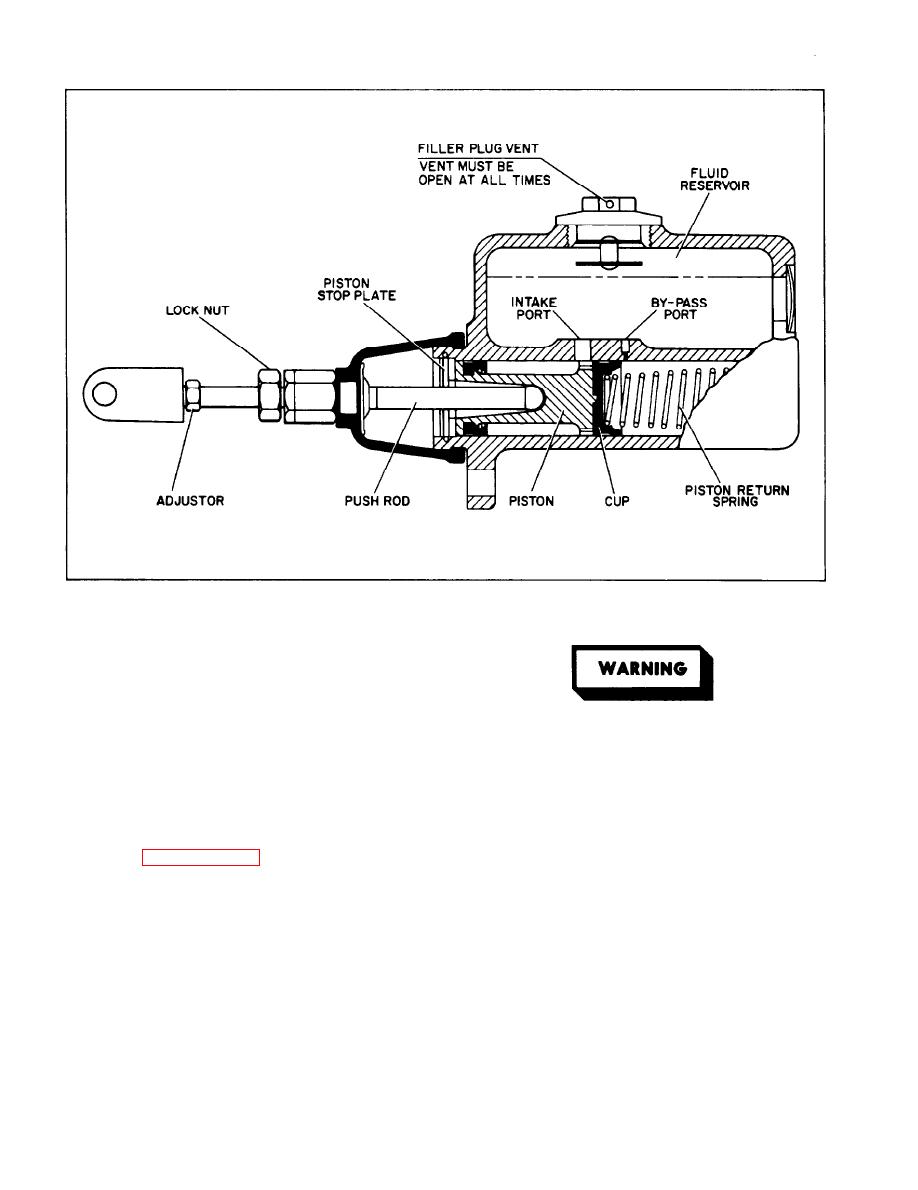Forget that rubber seal for now. It's not a significant issue, as you'll see in a minute.
Let's get back to the brake system's operation.
The use of the term "fade" to describe the brakes' problem might be incorrect. "Brake fade" refers to the car's braking being degraded due to the brake pads and/or brake rotors getting too hot.
The problem you seem to be trying to describe is either a low pedal or a receding pedal. A "receding" pedal is when you put your foot hard on the brake pedal and it slowly goes down to the floor. With the 65-82 brake system, this usually is demonstrative of either leaking brake caliper piston seals or a leak in the master cylinder, either internally, or out the rear of the master.
Is a receding pedal the problem with this car?
Ok, now the "seal" or "boot" on the bottom of the master cylinder reservoir lid. When you remove the seal, you may find a small amount of brake fluid trapped between the top of the seal and the bottom of the lid. That is normal, however, is the rubber seal does not fully seal between the machined flat surface on the rim of the master cylinder reservoir and the cylnder cap, then it needs to be replaced. That said, if the seal is faulty and is allowing some leakage out of the reservoir then a jet of brake fluid shoots up as the master cylinder piston returns after a brake application, that leakage is not related to a problem with a receding brake pedal.
If you do have a problem with low or receding brake pedal, solve that problem first, then replace the master cylinder cap seal.
 ;help
;help ;help
;help


 ) were slightly pulled down allowing the cap to lift up when the brake pedal was pressed down. It all seems to work fine, now that I've put the tabs back to their correct position.
) were slightly pulled down allowing the cap to lift up when the brake pedal was pressed down. It all seems to work fine, now that I've put the tabs back to their correct position. All seems good with the brakes but I understand your concern so I will bleed the brakes today. Time to break out the FSM.
All seems good with the brakes but I understand your concern so I will bleed the brakes today. Time to break out the FSM.





